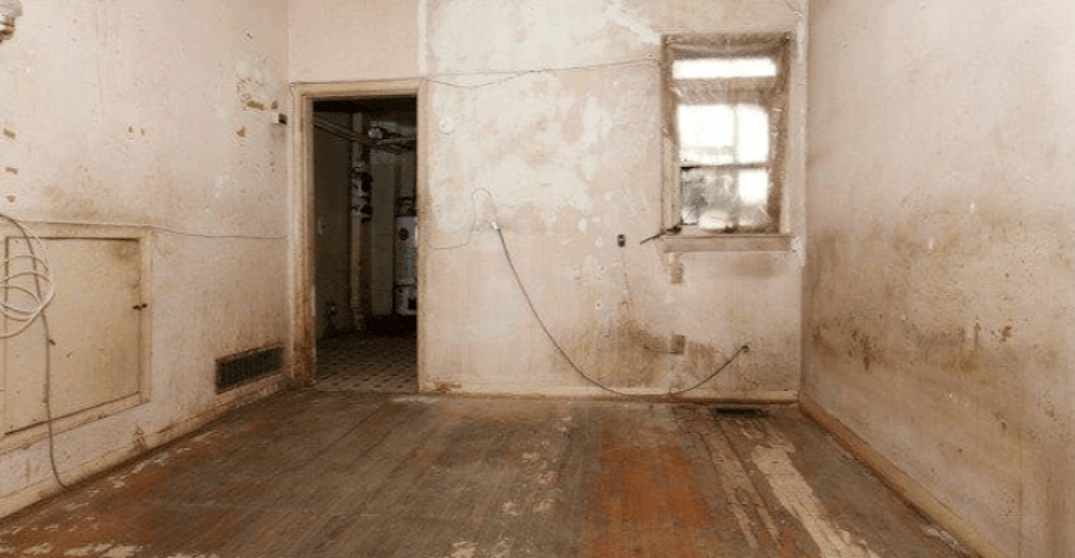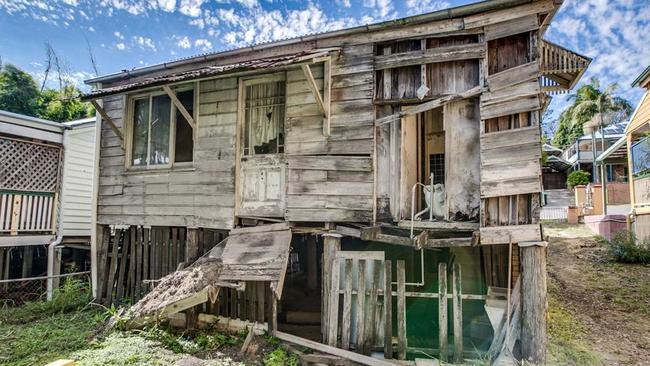Insider Guide to Real Estate Transactions in Florida, ch. 6: FORECLOSURES and SHORT SALES16/12/2021 In chapter 6 of my “Guide to Florida Real Estate Transactions” (the series started in April, in case you missed the first chapters) we talk about the possibility of getting a deal through foreclosures or short sales. Foreclosures – also referred to as REOs – and Short Sales follow a slightly different path than offer and contract in a normal “arms-length” transaction with no duress. Both Foreclosures and Short Sales are time-consuming, often complicated and never for the faint of heart. A Short Sale is a bank-approved sale before a property goes into foreclosure, fetching a price under of the current mortgage value, thus the “short”. Contracting partner and seller is the current owner of the property, though the lender has to agree to the contract and is the factual negotiation partner. Because the bank hopes to minimize its loss, it will look for the best and highest offer as with as much time as possible and try to bid up offers. So a short sale is anything but short: a time-frame from three to seven months from submitting an offer to closing is typical. Short sale asking prices are teaser prices; selling prices normally are substantially higher. Cash offers with no contingencies are preferred, or the other way around: if the buyer doesn’t have cash in hand or at least bulletproof financing lined up and/or asks for inspection contingencies, he is wasting time. A variation, not common though, is a pre-approved short sale, where the bank has agreed to sell the property at a specific price. The pre-approval should always be obtained from the bank in writing, everything else is useless. Foreclosures happen when there is no short sale and the property gets auctioned off at a local Court of Law. This often happens when a property owner is in serious arrears with property taxes. In such case, an investor may jump in, pay off the taxes and as a result hold a tax certificate, which then can lead to ownership of the property. I recently had a case of Hollywood home with every functional and cosmetic deficiency in the the book; to make matters much worse the seller “forgot” to tell me that her taxes were three years overdue and someone already held the certificate. Lesson: it is vital to verify all taxes are paid and current.
Foreclosure- and Short Sale-properties are usually in disrepair and may be uninhabitable due to vandalism, mold, roof damage, missing sinks, toilets, pipes, appliances etc. In such case, no lender will finance the purchase. A buyer can not expect price concessions due to necessary repairs and must deal with visible and hidden problems on his own. Savings in buying such property are often eaten up by repairs, which can not be financed. Lastly, liens, second mortgages, unpaid taxes, utility bills, homeowners or condominium dues and open judgments can significantly add to what only looked like an attractive price at the beginning. In the case of the Hollywood home above, a last-minute sale to an investor prevented the certificate sale, but resulted in a substantial amount of money the seller left on the table. At the end of the day, a Foreclosure or Short Sale may not be significantly cheaper for a user (vs. investor) than buying a property on the free market, which doesn’t come attached with massive headaches. Comments? Questions? Please contact me anytime; I'd be delighted to assist you. ____ ©2021 Tobias Kaiser. Use or reproduction only with written permission.
0 Comments
Your comment will be posted after it is approved.
Leave a Reply. |
AuthorTobias Kaiser works as an independent real estate broker and consultant in Florida since 1990. Always putting his clients' interest first, he specialises in modern Florida homes and architecture, as well as net leased investments. Archives
April 2024
|
- Home
- Modern Homes for sale
- Selling a Home
- Inquiries
- Why Tobias Kaiser?
- Contact
- "Modernist Angle" Blog
- Services we offer
- South Florida City Profiles
- Intro to Modernism
- Modern Styles explained
- Elements of Modern Architecture
- Preservation
- Real Estate FAQ
- Deutsche Seite >
- Net-Leased Investments >
- About Tobias Kaiser
|
|
KAISER ASSOC, INC • LIC FLORIDA REAL ESTATE BROKERS & CONSULTANTS
dba MODERN FLORIDA HOMES • 370 CAMINO GARDENS BLVD • BOCA RATON, FLORIDA 33432, USA TOBIAS KAISER, MSc, CIPS • REALTOR/BROKER • MODERN ARCHITECTURE SPECIALIST MEMBER NAR, RCA, DOCOMOMO, NCMH • EMAIL • (+1) 954 834 3088 ZERO DISCRIMINATION: Kaiser Assoc. and its agents will not discriminate against any person because of race, color, religion, sex, handicap, familial status or national origin in the sale or rental of housing or lots, in advertising the same, in the financing of housing in the provision of real estate brokerage services, in the appraisal of housing, or engage in blockbusting. Kaiser Assoc. strictly adheres to the National Association of Realtors© Code of Ethics and Standards of Practice in accordance with Federal Fair Housing Laws. "SILENCE IS CONSENT": As a multi-cultural office neither do we silently consent to nor do we tolerate any type of discrimination, racism or prejudice. We strive to listen and learn what needs to be done to implement permanent change. Site design + contents ©Tobias Kaiser 2024. PUBLICATION, USE OR REPRODUCTION incl. parts ONLY WITH WRITTEN PERMISSION. |




 RSS Feed
RSS Feed